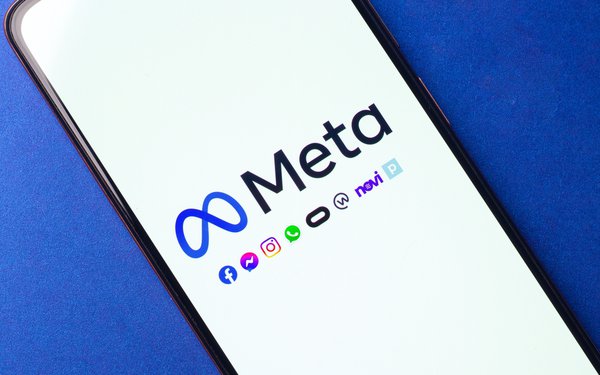Meta Asks Appeals Court To Intervene In Metrics Fight
- by Wendy Davis @wendyndavis, April 15, 2022

Facebook parent Meta is urging a federal appellate court to intervene in a lawsuit brought by advertisers suing the company over allegedly inflated metrics.
In papers filed this week with the 9th Circuit Court of Appeals, Facebook seeks permission to immediately appeal U.S. District Court Judge James Donato's decision granting class-action status to the companies DZ Reserve (an e-commerce store operator) and Max Martialis (which sells weapons accessories).
Late last month, Donato ruled that the two companies could proceed with claims on behalf of U.S. advertisers who used Facebook's Ad Manager or Power Editor to purchase ads on Facebook or Instagram after August 15, 2014.
Facebook, which says the class would total more than 3 million advertisers, argues that Donato's ruling is inconsistent with other decisions about class actions.
“That conflict is of exceptional importance, because class actions brought by online advertisers are a fast-growing category of putative class claims, and often involve millions of class members, seeking billions of dollars in damages,” Facebook writes.
The company also suggests it may settle the case, unless the 9th Circuit intervenes, given that the advertisers are seeking more than $7 billion in class-wide damages.
“Claimed damages in that amount almost never proceed to trial before a jury,” Facebook writes, adding that the possibility of a 9-figure verdict creates “inexorable settlement pressure.”
The legal battle dates to August of 2018, when Facebook was sued for allegedly inducing advertisers to purchase more ads -- and pay higher prices for them -- by inflating the number of users who might see the ads.
The initial complaint drew on reports by outside groups, including the industry organization Video Advertising Bureau, which said in 2017 that Facebook's estimates of audience reach in every U.S. state were higher than the states' populations.
Advertisers later amended their complaint to include an allegation that Facebook employees were aware of complaints about the potential reach metric since September of 2015.
Facebook has said in court papers that estimates about the potential reach of campaigns aren't guarantees, and don't have an impact on billing.
The company argued to Donato that the advertisers shouldn't be able to proceed as a class action because they don't have enough in common with each other, among other reasons.
Donato rejected that argument in March. He said advertisers presented evidence that all of Facebook's customers saw similar representations about the company's advertising reach and programs.
Facebook is now asking the 9th Circuit to immediately review that ruling, arguing that the estimated reach metrics were allegedly inflated by different amounts for different advertisers. Therefore, Facebook argues, questions about whether those estimates were misleading require an advertiser-by-advertiser analysis.
“It is a fundamentally different inquiry to ask whether it is materially misleading to call an allegedly 5-10% inflated figure an 'estimate' than it would be if that figure were 50% inflated,” Facebook writes. “A jury’s conclusion as to one simply would not establish liability as to the other.”
The company adds that not all advertisers placed the same importance on its estimates of reach.
“A smaller advertiser with a lower budget might disregard Potential Reach since their actual audience will never be close to the maximum number of people within a targeting set, and instead rely on Estimated Daily Results, which reflect the actual number of people expected to view an ad given the advertiser’s budget,” Facebook writes.
“An advertiser using an agency with industry experience and access to vast historical information about the performance of certain types of ads may place very different emphasis on an abstract estimate like Potential Reach, as compared to an advertiser without such sophisticated assistance.”


